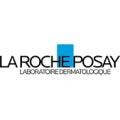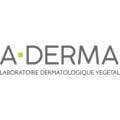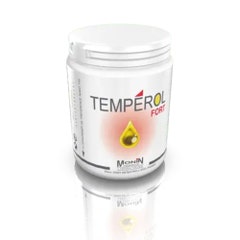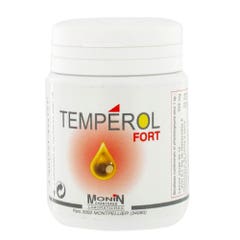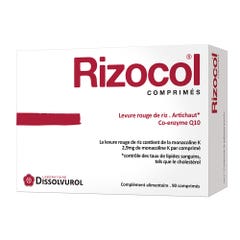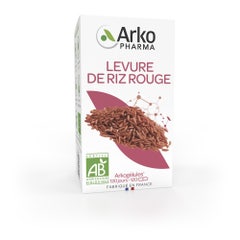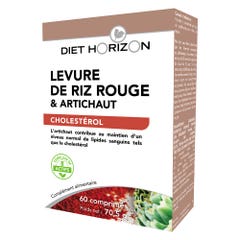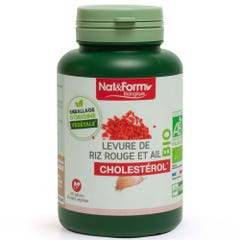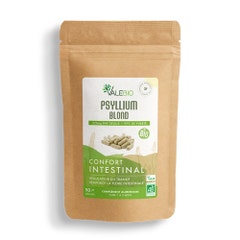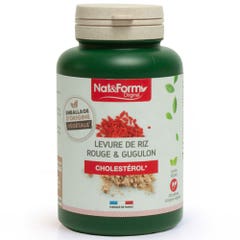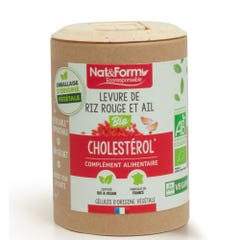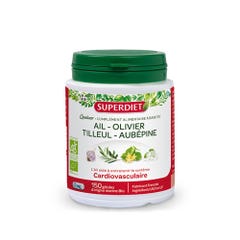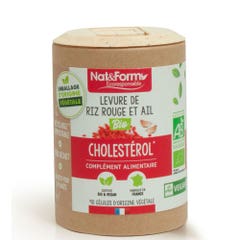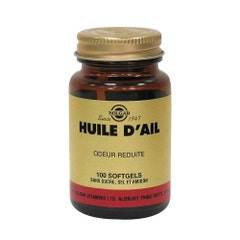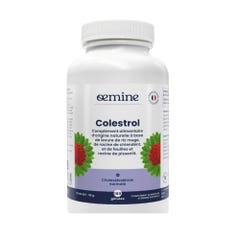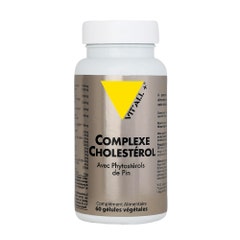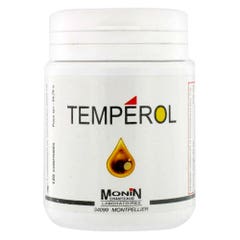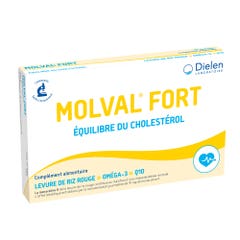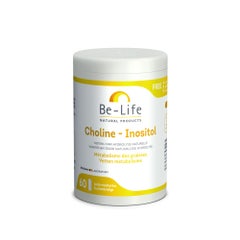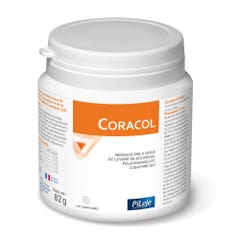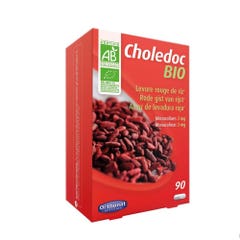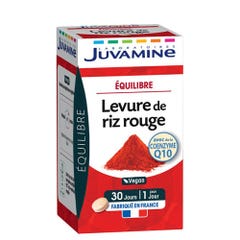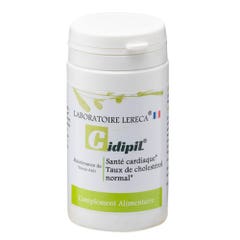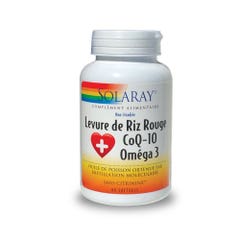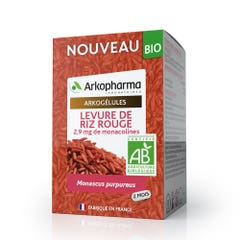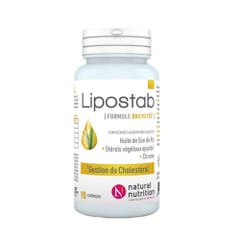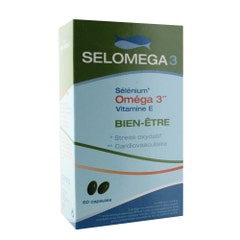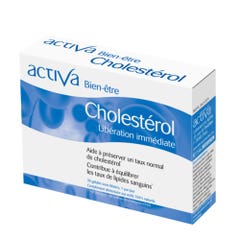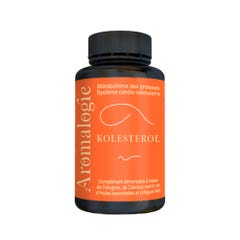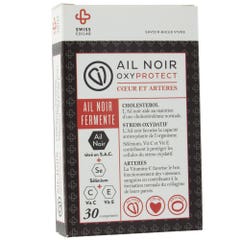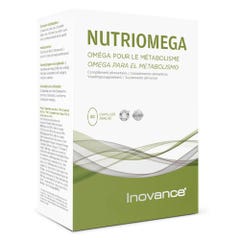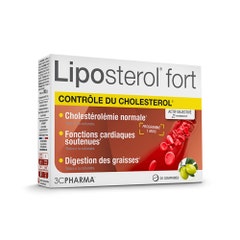Cholesterol
Cholesterol is both good and bad. At normal levels, it is an essential substance for the body. However, if concentrations in the blood get too high, it becomes a silent danger that puts people at risk of heart attack.
So, cholesterol is present in every cell of the body and has important functions when it comes to digesting foods, producing hormones and generating vitamin D. The body produces it, but people also consume it in food. It is waxy and fat-like in appearance.
There are 2 types of cholesterol: LDL or “bad” cholesterol and HDL or “good” cholesterol.
A person with high cholesterol levels often has no signs or symptoms, but routine screening and regular blood tests can help detect high levels and reduce risk of heart attack.
Your best treatment option for high cholesterol depends on many factors. Before your doctor recommends a prescription medication, they will look at several things, including your family medical history, your risk for heart disease and your lifestyle.
Taking daily supplements such as psyllium can help. On Easyparapharmacie.uk, you can order everything needed on our secure payment platform and begin your supplementation upon receipt of your parcel.
LOW OR HIGH DENSITY LIPOPROTEIN?
Cholesterol has 4 primary functions without which we could not survive: contributing to the structure of cell walls, making up digestive bile acids in the intestine, allowing the body to produce vitamin D and enabling the body to make certain hormones.
High cholesterol however is a significant risk factor for coronary disease and a cause of heart attacks. A build-up of cholesterol is part of the process that narrows arteries called atherosclerosis. Plaques form and cause restriction of blood flow.
Excess weight or obesity can also lead to higher blood LDL levels. Genetic factors can contribute to high cholesterol. People with the inherited condition familial hypercholesterolemia have very high LDL levels.
The decision for a treatment of high cholesterol should be made in collaboration with a doctor. If a person is taking “statins” and they do not lower the cholesterol level, then alternative treatments may be appropriate.
Start eating heart-healthy foods. Stop smoking. Get exercise.
Cholesterol lowering supplements may be helpful.
DIETARY SUPPLEMENTS
If you’re worried about your cholesterol level and have started exercising and eating healthier foods, you might wonder if taking a cholesterol-lowering supplement can help reduce your numbers.
High triglycerides can be part of an unhealthy condition called metabolic syndrome. Other parts of this illness can include high blood pressure, belly fat, high blood sugar, diabetes.
A few changes in your diet can reduce cholesterol and improve your heart health: reduce saturated fats, eliminate trans-fats, eat foods rich in omega-3 fatty acids, increase soluble fiber, add whey protein, drink alcohol only in moderation.
Artichoke, barley, blond psyllium, flaxseed, oat bran, soy protein may reduce LDL cholesterol.
Fish oil, and green tea may lower triglycerides.
Remember sugary and starchy carbs are the worst type. Seek out for complex carbs like vegetables and whole grains instead. Cut saturated fats found mainly in animal products in favour of good fats found in olive oil, nuts, seeds and fish.
On Easyparapharmacie.uk, you can find a large variety of dietary supplements. In addition to cholesterol improving supplementation, consider other dietary supplements that may be beneficial such as heavy legs or skin ageing supplements.
Last but not least, seek professional advice before using if you are under medical supervision, pregnant, breast-feeding or suffer from food allergies.


